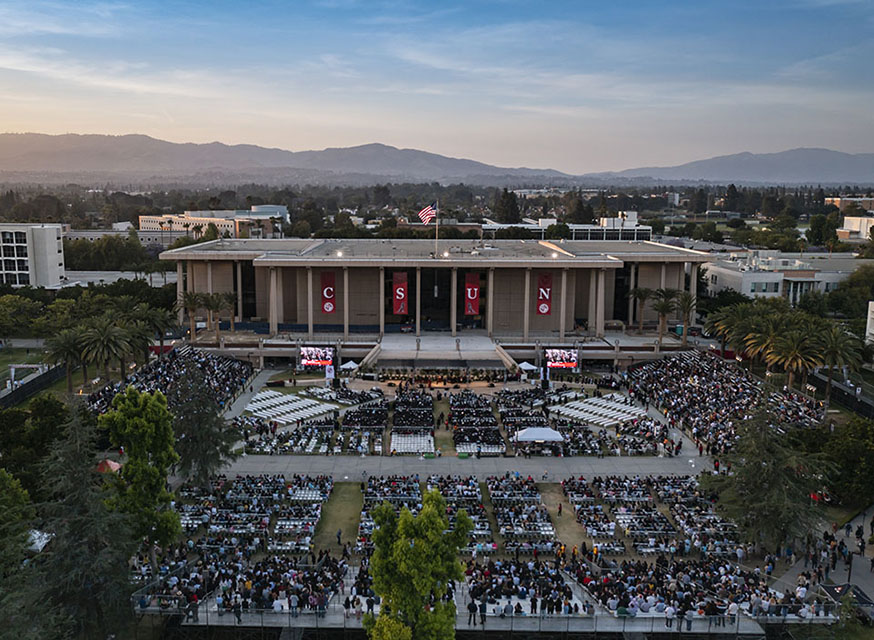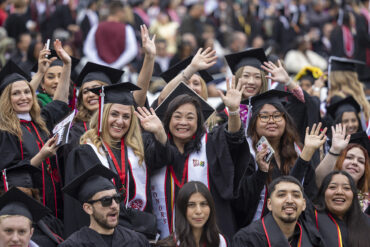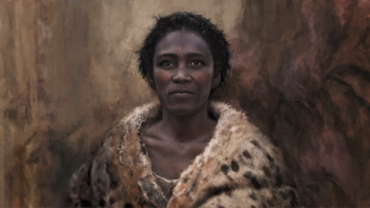
CSUN’s Queer Studies program has grown substantially over the past five years, increasing the number of tenure-track faculty members and expanding its course offerings to become more representative of both CSUN’s students and the current field of Queer Studies.
Under former program director Sheena Malhotra, the program’s curriculum expanded two years ago to include several new courses, including Transgender Studies and Race and Ethnicity in Queer Studies. New program director Jacob Lau said the Queer Studies program, which is in the College of Humanities, recently added a new tenure-track hire in Queer Chicanx Studies, Luis Esparza, who will also teach in the Department of Chicana/o Studies.
Lau is working with other CSUN programs and departments to add courses that reflect the intersectional nature of the field of Queer Studies. This includes: Jotería Studies (which centers on the histories and experiences of queer Latinx/a/o people), Religious Studies, Asian American Studies and Disability Studies. In the future, Lau would also like to add classes in Black Studies and Indigenous Studies.
This work was accelerated by a recent $10,000 pledge from alumnus Michael Ruvo ’80 (Journalism), and his husband, Stephen M. Lachs. Ruvo is the owner of Ruvo Reps, an independent sales and marketing firm specializing in high-end home and commercial decorative products. Lachs became the first openly gay judge in the country — and, likely, the world — when then-Gov. Jerry Brown Jr. appointed him to the bench in 1979.
“This generous gift from Mr. Ruvo and Judge Lachs comes at a crucial time of significant growth for Queer Studies at CSUN,” Lau said. “In a time when LGBTQIA+ content is being cut from K-12 schools, we hope, and plan, to grow the minor into a major within the next few years. Students deserve to know the histories, literatures, and theories of LGBTQIA+ communities — that can only be possible through gifts such as these.”
Ruvo and Lachs are longtime supporters of scholarships and other causes at CSUN. Their gift to Queer Studies will be used to expand the program, including enrollment. These efforts include bringing in speakers and developing programming that reflect the interest of current CSUN students, emphasizing intersections of race, disability and trans identity as well as the strengths of the CSUN campus, such as the Vern and Bonnie Bullough Collection on Sex and Gender in the University Library.
For more information about supporting CSUN’s Queer Studies program or creating a fund of your own, contact the CSUN Office of Development at (818) 677-7586 or development@csun.edu.




Comments are closed.